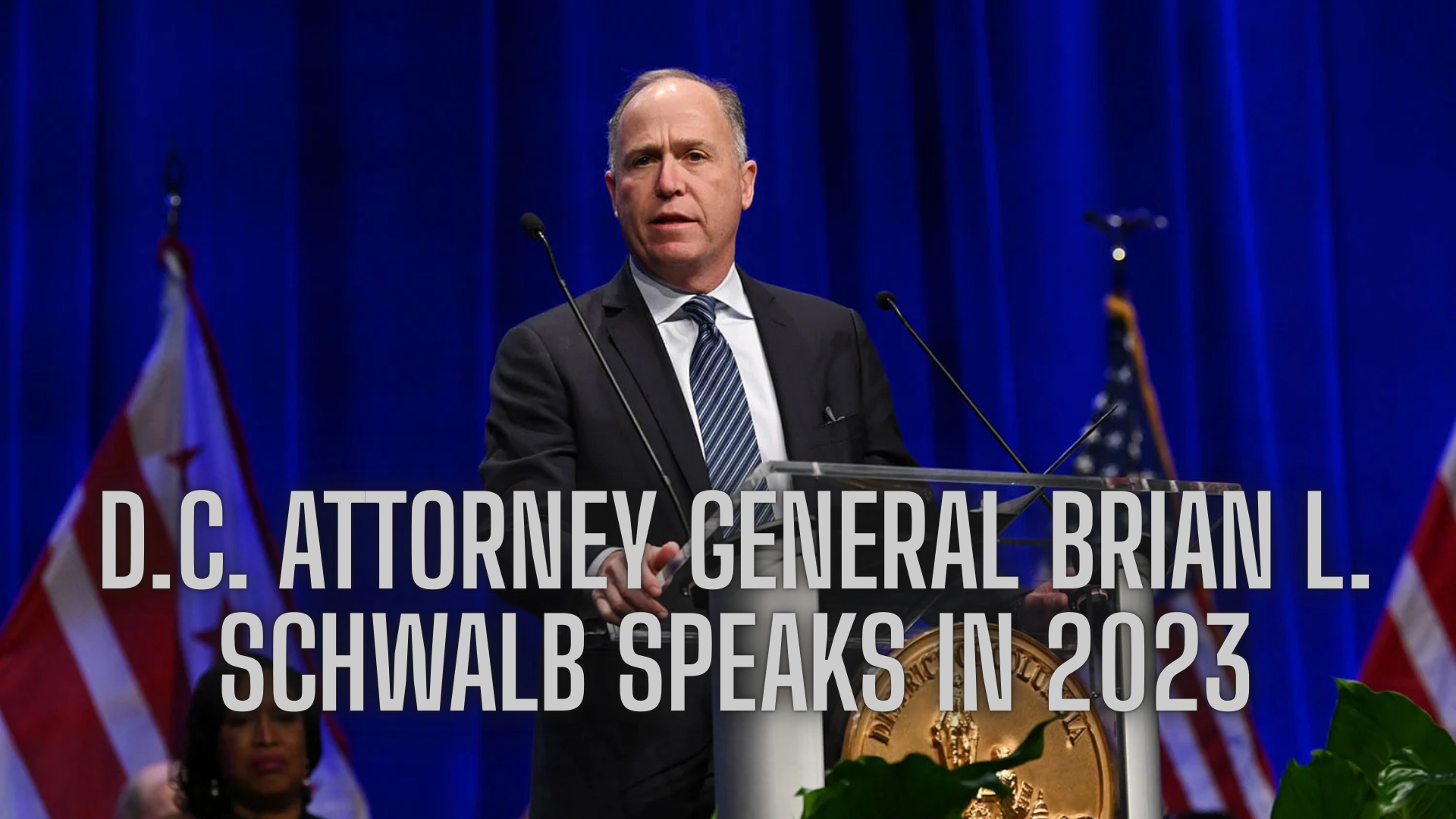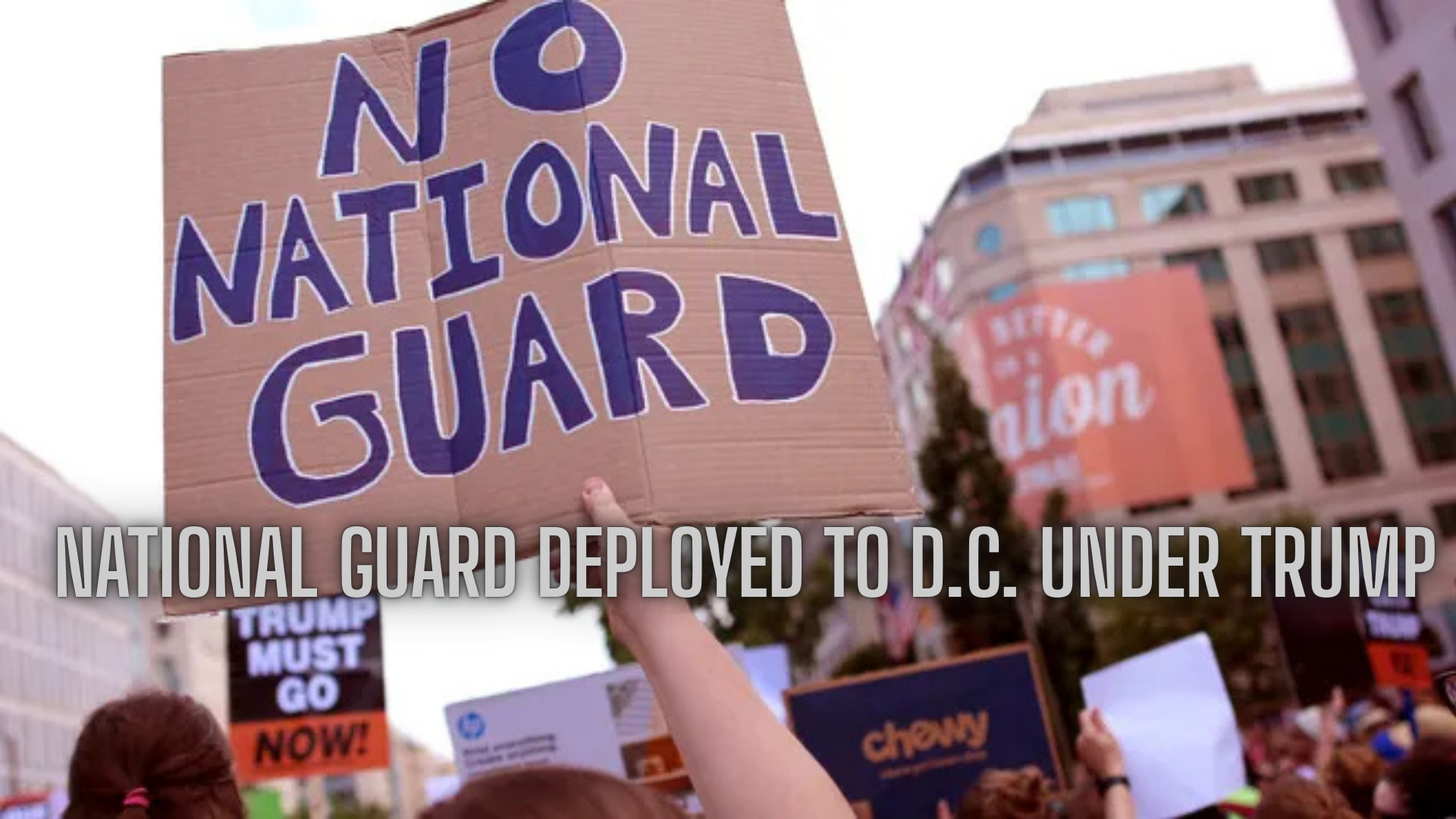Even thousands of miles from Washington, former President Donald Trump couldn’t escape the lingering cloud of the Jeffrey Epstein scandal. During a high-profile visit to Scotland, Trump delivered one of his most detailed public explanations yet about his past relationship with the late convicted sex offender — and once again tried to distance himself from Epstein.
Seated beside a visibly uncomfortable British Prime Minister Keir Starmer during a press briefing on Monday, Trump denied long-standing allegations and clarified several points that have dogged him in recent weeks. He denied ever drawing a naked woman in a birthday note to Epstein, insisted he never visited Epstein’s private island, and claimed their relationship ended abruptly after a falling-out over what he described as “inappropriate” business behavior.
“For years, I wouldn’t talk to Jeffrey Epstein,” Trump said. “He did something inappropriate — he hired my people, and I told him, ‘Don’t ever do that again.’ He did it again, so I threw him out. Persona non grata. That was it. I’m glad I did.”
The unusually detailed remarks marked a shift from Trump’s prior attempts to brush aside the controversy. Until now, he had mostly relied on brief denials, attacks on the media, or demands for the Justice Department to release more evidence. But this time, he went further — offering a fuller account of his falling-out with Epstein and directly addressing a recent Wall Street Journal story that intensified scrutiny.
According to the Journal, a 2003 birthday letter from Trump to Epstein included a crude sketch of a naked woman, bearing Trump’s signature in an obscene position. Trump flatly rejected the report.
“I don’t do drawings,” he said. “Sometimes people ask me to draw buildings — I might draw four lines and a roof for charity. But drawings of women? Absolutely not. I don’t do that.”
Trump’s lawyers are suing the Journal, claiming the letter is a forgery.
He also pushed back on rumors about traveling to Epstein’s private Caribbean island — a location that’s become notorious in public imagination as a hub of abuse and elite secrecy.
“I never went to the island,” Trump said. “I was invited, like a lot of people in Palm Beach. But I turned it down. One of my better decisions.”
The Epstein controversy continues to shadow Trump’s presidency — and now, his campaign — despite efforts by the White House to put the issue to rest. A Justice Department memo released three weeks ago concluded that Epstein died by suicide in jail and confirmed there’s no “client list” of Epstein’s alleged co-conspirators. Still, that hasn’t quelled public anger, including from some of Trump’s own supporters.
Behind the scenes, aides say Trump is exasperated by the continued focus on Epstein, blaming Democrats and the media for what he sees as a politically motivated smear campaign. White House Communications Director Steven Cheung has repeatedly dismissed the allegations as “fake news,” arguing that while Trump did know Epstein, there’s no credible evidence of wrongdoing.
“What [Cheung] means by ‘fake’ is the narrative — not the fact that Trump and Epstein knew each other,” one White House official clarified. “It’s the insinuation that something criminal or inappropriate happened.”
Still, the president’s critics — and even some former allies — remain skeptical, pointing to the many unanswered questions and the high-profile names linked to Epstein over the years. With Trump now offering more details than ever before, the controversy is unlikely to fade anytime soon.



